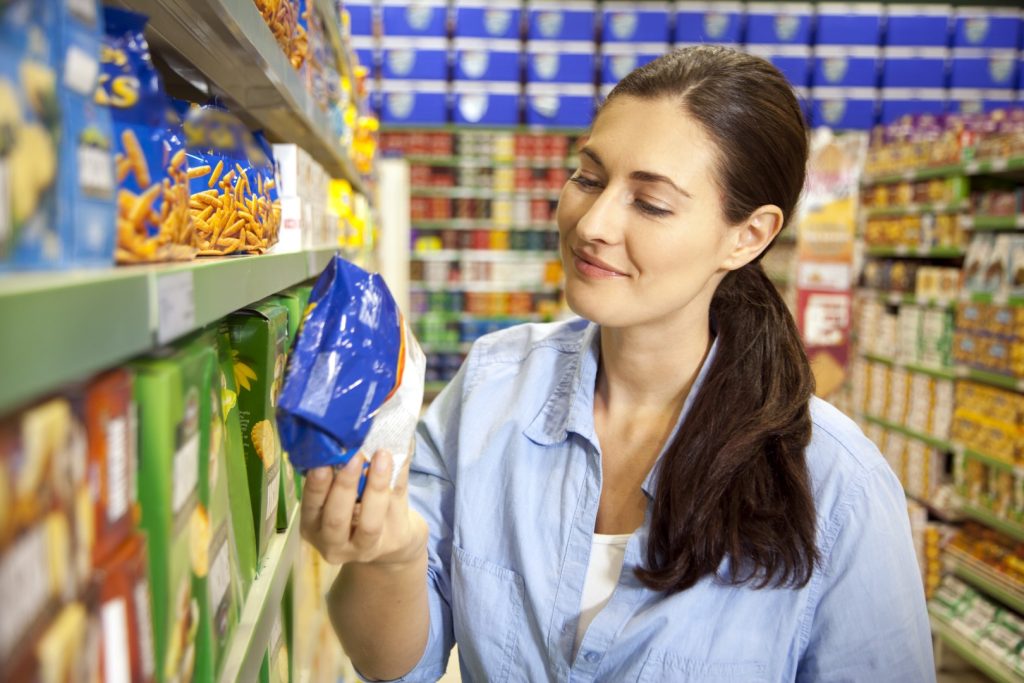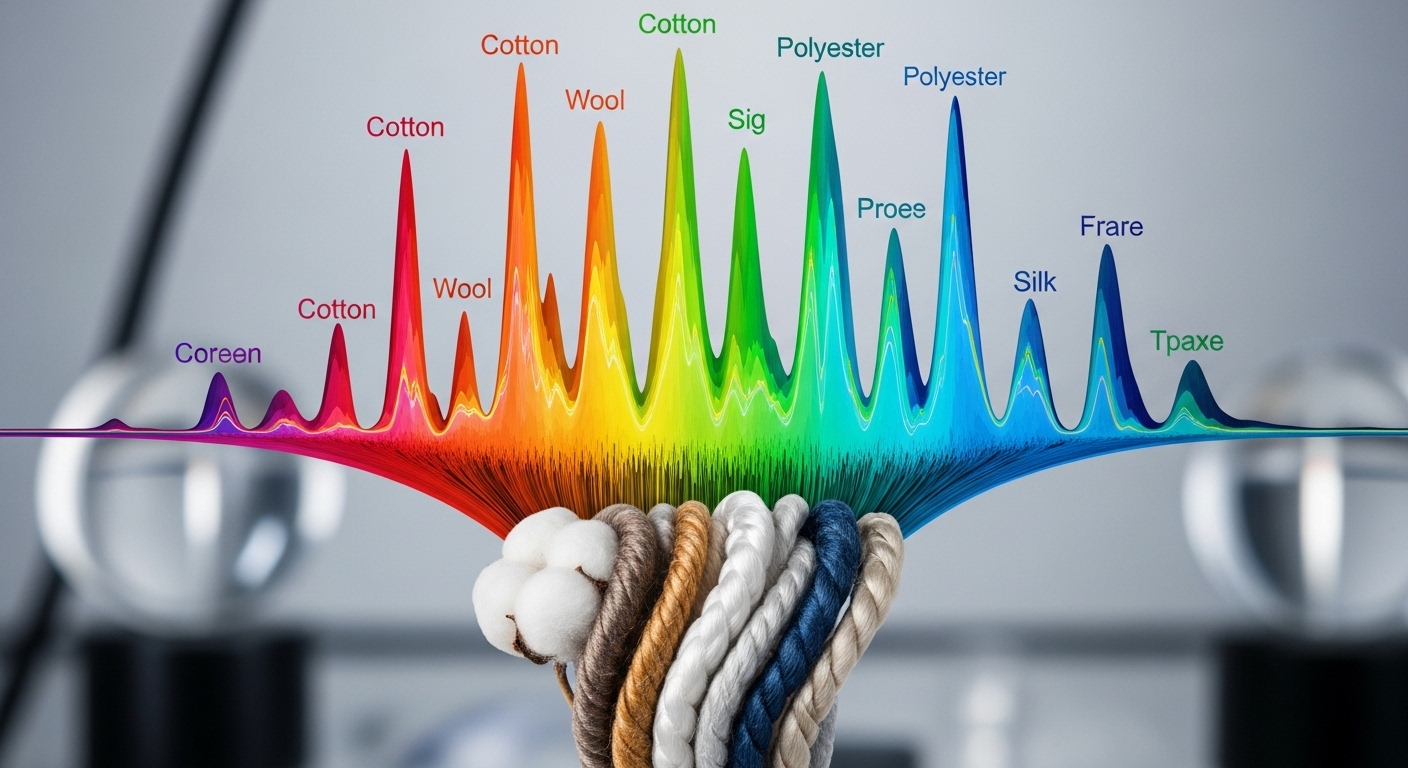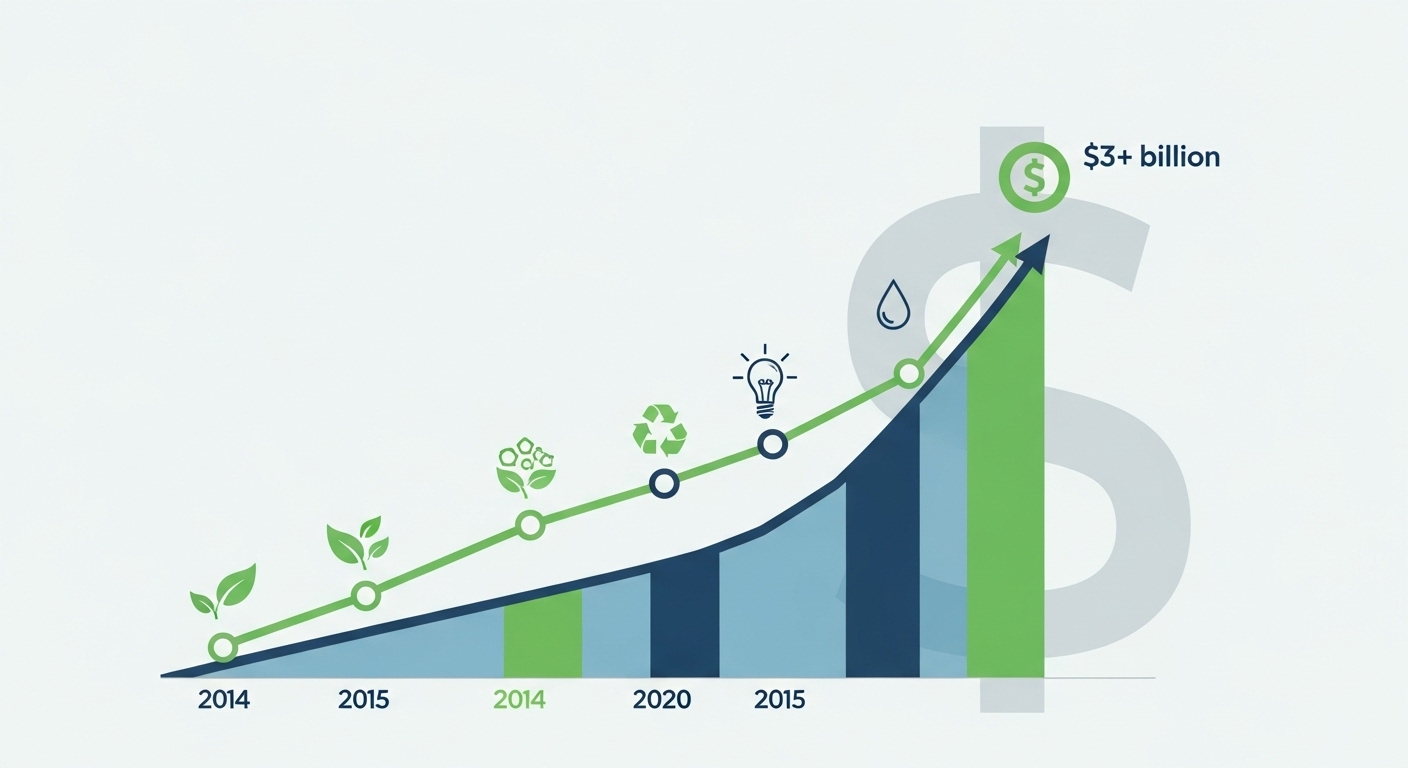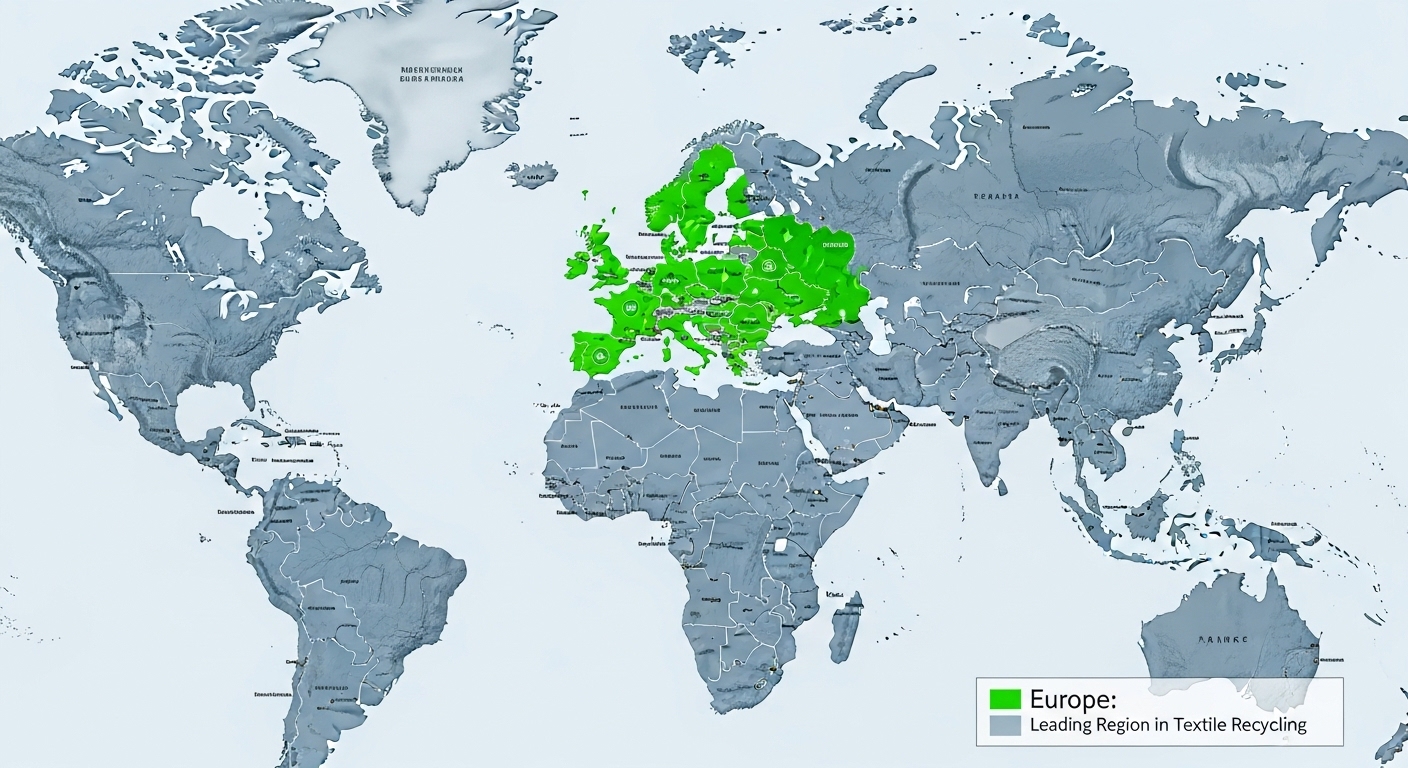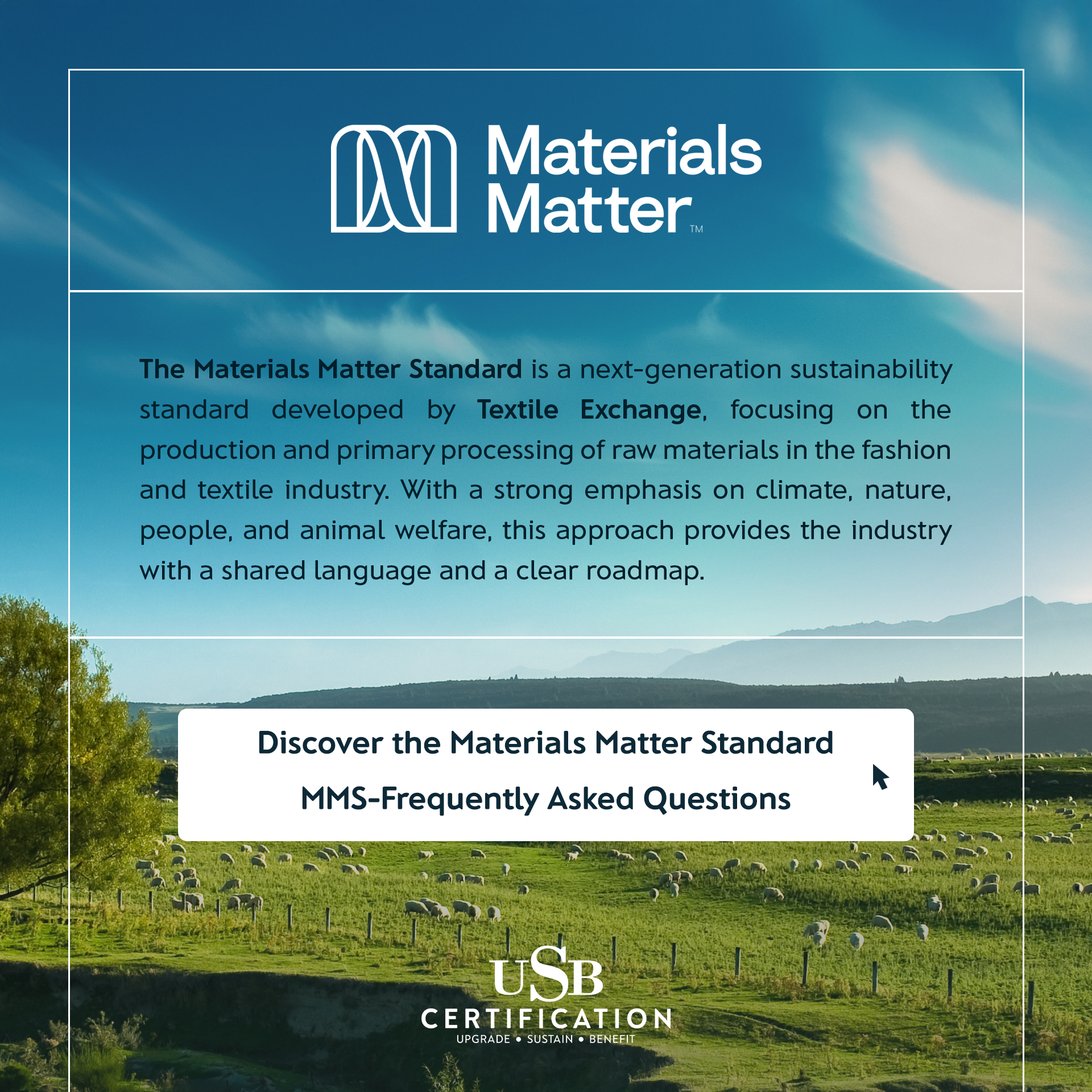A new report from the European Commission’s Joint Research Centre (JRC) has revealed the current state and trends of sustainability labelling in the EU food sector, highlighting the increasing importance of such labels in promoting sustainable food choices across the continent.
The report, titled Sustainability Labelling in the EU Food Sector: Current Status and Coverage of Sustainability Aspects, provides an in-depth analysis of the sustainability-related labels currently in use within the EU. It maps and characterizes over 200 labels, showing a growing interest among food business operators in sustainability labelling initiatives. The report finds that one in five new food products launched in 2021 carried a sustainability-related label, underscoring the rising consumer demand for more sustainable options.
Key Findings:
Increased Uptake of Sustainability Labels: The report indicates that the uptake of sustainability labels has been steadily increasing, with 20% of new food product launches in the EU market in 2021 featuring a sustainability label. This marks a significant rise compared to previous years.
Dominance of a Few Labels: Despite the proliferation of labels, the market is dominated by a few key players. The Forest Stewardship Council (FSC), Rainforest Alliance, Fairtrade, and UTZ accounted for a large proportion of labelled products, with the FSC alone representing 32% of all sustainability-labelled new products.
Diverse Coverage but Inconsistent Reliability: The report highlights that while many labels address various environmental and social aspects, there is a lack of consistency in how these impacts are covered. Furthermore, the reliability of these labels is uneven, with nearly half of the labels assessed being rated as only fair or poor in terms of trustworthiness and robustness.
Focus on Primary Production: The majority of sustainability labels place the burden of compliance on primary producers, particularly in agriculture, while other parts of the supply chain, such as processing and retail, are less frequently addressed.
Challenges and Recommendations: The report underscores the challenges posed by the current landscape of sustainability labelling, particularly the risk of consumer confusion due to the sheer number of labels and the issue of greenwashing. It also highlights the need for more stringent and transparent verification processes to ensure the credibility of sustainability claims.
In light of these findings, the JRC recommends the development of clearer guidelines and standards for sustainability labelling to ensure that consumers can make truly informed choices. The report also calls for greater involvement of all stakeholders in the food supply chain, beyond just primary producers, to ensure a more holistic approach to sustainability.
Conclusion: As the EU continues its transition towards a more sustainable food system, sustainability labels are poised to play an increasingly important role. However, to maximize their impact, it is crucial to address the current inconsistencies and enhance the reliability of these labels. The findings of this report will provide valuable insights for policymakers as they work to refine and improve sustainability labelling across the EU.
For more information, the full report is available here.

